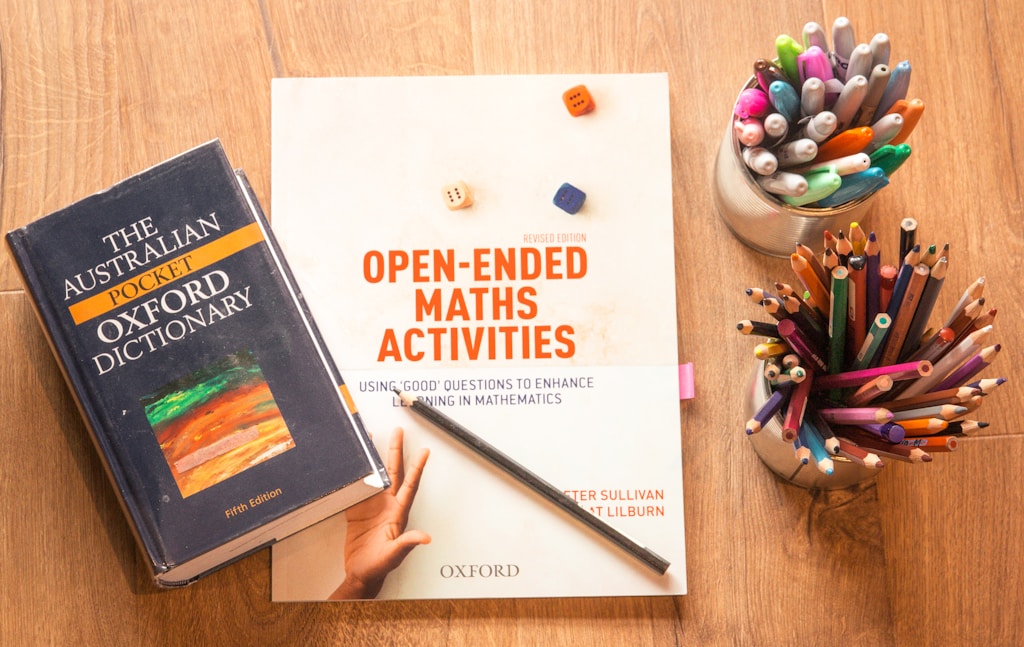A lesson plan serves as a guiding map for teachers to navigate through English lessons effectively. It lays out the journey of the class, from start to finish, offering a structured approach to imparting knowledge and skills to students. English lesson plans are meticulously crafted to cater to the diverse needs and proficiency levels of learners, ensuring that each session is engaging, informative, and productive.
In the realm of ESL (English as a Second Language), lesson plans take on added significance, particularly when designing programs for adult learners. These plans are meticulously tailored to meet the unique linguistic requirements and objectives of the students, incorporating elements of practical communication, cultural understanding, and real-world application.
A well-constructed English lesson plan typically begins with an attention-grabbing warm-up activity, designed to stimulate interest and set the stage for learning. This segues into the core objectives of the lesson, introducing new vocabulary, grammatical concepts, or language skills in a clear and accessible manner.
Throughout the lesson, teachers employ a diverse array of teaching methodologies and resources to keep learners engaged and motivated. Interactive exercises, multimedia presentations, role-playing scenarios, and group discussions all serve as valuable tools in the ESL classroom, fostering active participation and collaborative learning.
Assessment forms an integral component of the English lesson plan, providing educators with valuable insights into student progress and comprehension. Regular quizzes, assessments, and performance evaluations help gauge the effectiveness of teaching strategies and identify areas for improvement.
Flexibility is key in ESL lesson planning, allowing instructors to adapt to the evolving needs and interests of their students. By maintaining a dynamic approach to lesson design, educators can ensure that learning remains relevant, meaningful, and enjoyable for all participants.
Ultimately, an effective English lesson plan goes beyond mere instruction; it serves as a catalyst for growth, empowerment, and linguistic proficiency. Through thoughtful planning and execution, teachers can create immersive and enriching learning experiences that inspire students to unlock their full potential in the English language. In summary, lesson planning serves as a beacon of guidance in the realm of adult English language education, illuminating the path towards linguistic proficiency and cultural fluency. As educators embrace the challenge of creating transformative learning experiences, they harness the power of comprehensive lesson planning to inspire, motivate, and equip adult learners for success. Through strategic design and purposeful execution, lesson plans become more than mere documents; they become vehicles for change, driving learners towards new horizons and empowering them to navigate the diverse and interconnected world of English language and beyond.




